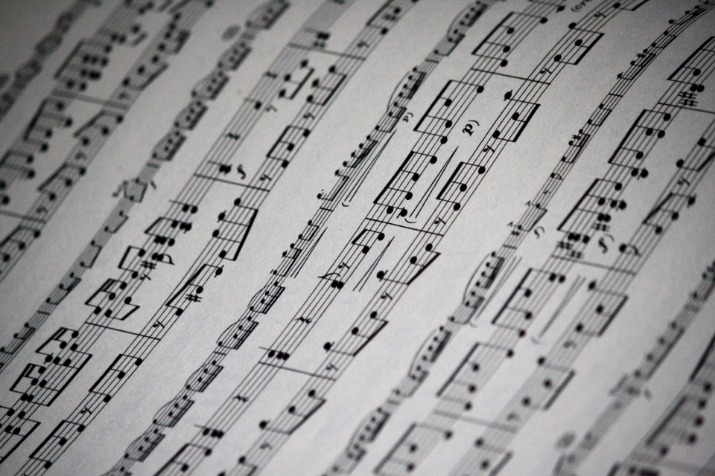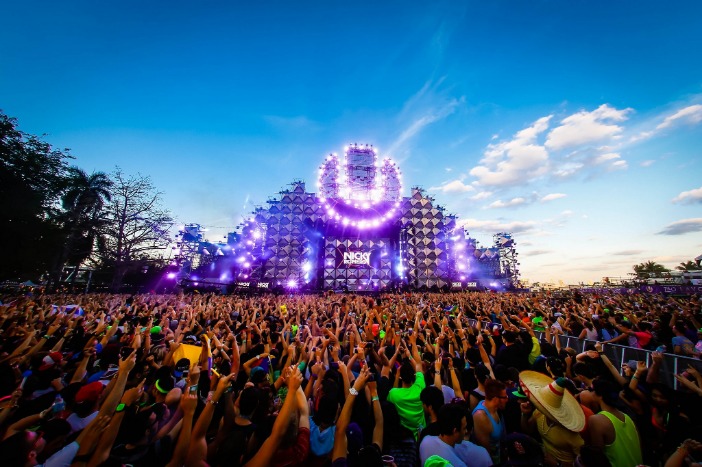In today’s fast-paced and ever-evolving world, the concept of Love is more nuanced than ever before. It is a powerful, multifaceted emotion that influences nearly every aspect of human life. As one of the most explored themes in literature, music, and art, Love consistently drives our quest for connection and belonging.
The Evolution of Romantic Love
Romantic Love has undergone significant transformation throughout history. From arranged marriages in the past designed to secure alliances, to today’s pursuit of a soulmate, the forms and manifestations of romantic relationships have evolved. Modern technology has further altered the dynamics, offering new ways to find and maintain romantic connections.
Amidst these changing landscapes, one can delve deeper into how media like “Love stories” found in different cultures depict this phenomenon by visiting [Love](https://eromanga-jp.org/).
Love Beyond Borders: Cultural Interpretations
The interpretation of Love varies greatly across different cultures. In Western societies, romantic Love often involves ideals of passion and personal fulfillment. In contrast, many Eastern cultures emphasize familial duty and long-term commitment as integral parts of Love. Understanding these cultural nuances provides a more comprehensive view of human relationships.
The Power of Self-Love
While romantic and familial Love occupy significant space in cultural discourse, the importance of self-love is increasingly recognized. It’s the foundation for healthier relationships and personal well-being. By nurturing self-love, individuals build resilience and develop stronger, more meaningful connections with others.
Conclusion: Love’s Everlasting Influence
As society continues to change, so too will the ways in which people understand and experience Love. By exploring the various dimensions of Love — romantic, cultural, and self-directed — we gain deeper insights into the nature of human emotion and connection. This exploration leads to richer, more fulfilling lives and relationships.





